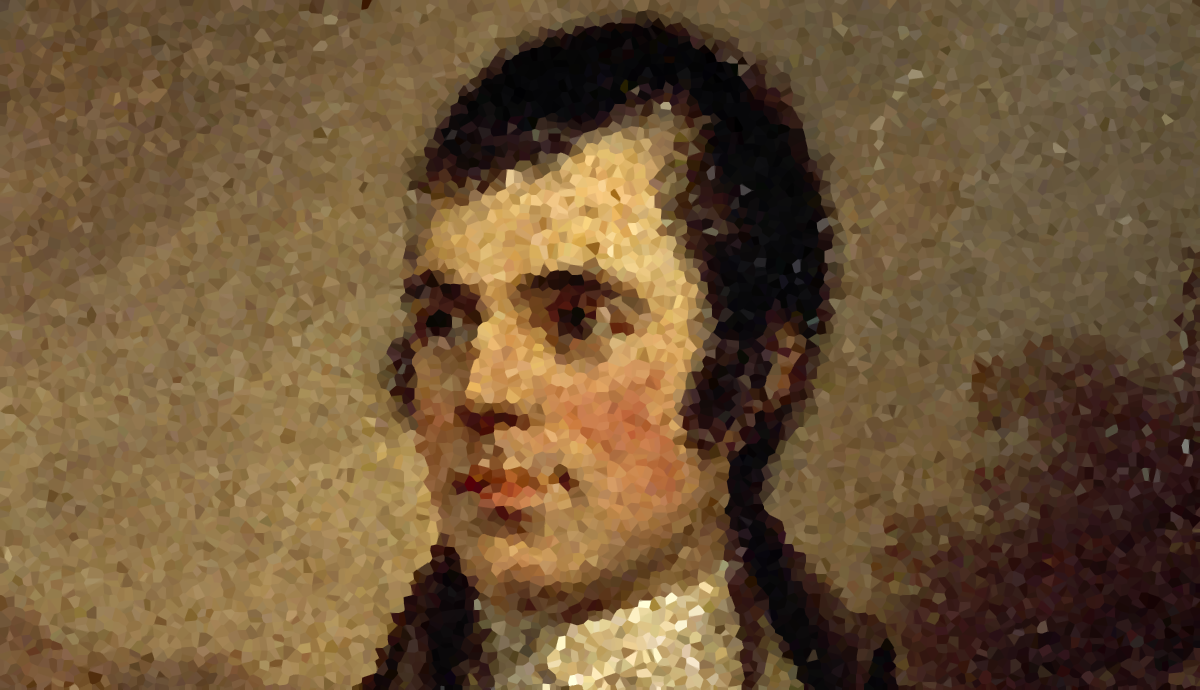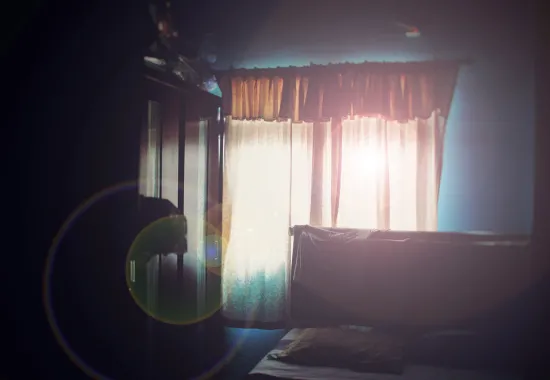From Scotland to Kansas—A Diaspora
Burns Night: Then, horn for horn, they stretch an’ strive
Several years ago my wife and I hosted a Burns Night Supper. I’d learned that Sue Holm, the mother of a colleague and friend, Eric McHenry, had grown up in a decidedly Scottish home and missed celebrating Burns. Sue had memorized some Burns, with a special fondness for “John Anderson, My Jo.” Her parents’ tombstone is engraved with a line from the poem: “We clamb the hill thegither [climbed the hill together].” Eric, who served a term as Poet Laureate of Kansas, often writes formal poetry. A memorizer of poems, who often amazes his audience, he recited “To a Mouse.” My brother Ric played “Tam O’ Shanter” on the piano, with sheet music inherited from our grandmother. His wife Jeanne, to my shuttle pipe accompaniment, sang poems Burns set to his favorite Scottish tunes, among them “My Love is But A Lassie Yet,” with its “We’ll let her stand a year or twa, / She’ll no be half sae saucy yet.”
My sister Libby and her husband joined our next Burns Night, and she recited “To Miss Ainslee, In Church.” Subsequent Burns Night Suppers have included more family, have become re-enactments of our family heritage. Though the haggis is canned, and used to stuff mushrooms as an appetizer, the food is hearty and the drink plentiful, including single malt Scotch, that Dearest of distillation! Last and best. We dutifully perform the traditions of a Burns Night even as we create traditions.
Certainly, I’ve created a new tradition for myself. I so admired the spoken poem as my friend Eric McHenry performed it—maybe I was jealous, even competitive—that I decided to work Burns into my memory, too. For Burns night of 2019 I tackled the end of “Tam O’ Shanter.” I then memorized the poem in its entirety, 238 lines counting those about lawyer’s tongues and priest’s hearts expurgated by Burns on the advice of his friend, Judge Alexander Tytler, who called them “incongruous with the other circumstances of pure horror” that Tam notes upon the haly table at the witch’s sabbath.
Living with words, committing them to memory, is not only a remembering and a re-memorizing of my adolescence and young adulthood at the table
After “Tam O’ Shanter,” I kept on memorizing. I started with those I’d found bookmarked, stringed, and checked in the Burns volume so dear to my father. With each poem committed to memory, I appreciated what “by heart” really means. A memorized poem is nearer and dearer; it is immediately useful to thought and expression; it is also more deeply understood. Reciting Burns is hearing Burns as I heard him at the table, in my father’s voice, so it is also a remembering—a kind of recovery. Poetry aloud is particularly relevant to Burns. As Carol Rumens wrote in The Guardian:
A poet writing in his own dialect is not only writing but speaking…. There is a personality to Burns’s tone, and an energy to the syntax, that seem literally physical. This is not only a matter of diction. The very forms he favoured with the riches of his native language—the song, and the verse-epistle—connect directly to the voice…. The rhythm of the Burns stanza, or Standard Habbie (the form of “To A Mouse,” “To A Louse,” and “Address To A Haggis,” among many others) is jauntily combative, a quality that might be that of Burns the man.
I also learned about my father, the man, insights that came only after the poems were fully alive in my mind. My father often paired “A Red, Red Rose” with “The Henpecked Husband.” Such different expressions, from So deep in luve am I to Were such the wife had fallen to my part,/ I’d break her spirit or I’d break her heart. My mother winced at the latter, often in mock horror. These poems may have helped my father express a complicated relationship: romantic love for his wife coupled with the dynamic intensity of their marriage. He may also have been thinking of his past, and his mother. “Henpecked” opens with,
Curs’d be the man, the poorest wretch in life,
The crouching vassal to a tyrant wife.
Who has no will but by her high permission,
Who has not sixpence but in her possession.
These lines express the fate of his own father, “an incompetent person,” for whom his mother served as guardian. In “Sic a Wife as Willie Had,” the wife is dour and din, perhaps reminding him of his mother, who had been emotionally withholding and understandably depressed as she faced single motherhood from the time my father was two years old.
In “Lost, Good Object,” and in his travel journal, my father also describes his Calvinist prohibitions against pleasure, and his guilt in indulging himself. In the poetry of Robert Burns there is sin and guilt, but so much more of pleasure and joy. The pleasure of women, from “Green Grow the Rashes”:
Type Stanza HereBut gie me a cannie hour at e’en,
My arms about my dearie, O;
An’ war’ly cres, an’ war’ly men,
May a’ gae tapsalteerie, O!
And the pleasure of drink, from “Tam O’ Shanter”: “While we sit bousing at the nappy, / An’ getting fou and unco happy.” And the pleasure of friendship, from “Auld Lang Syne”: “And there’s a hand, my trusty fere! / And gie’s a hand o’ thine!” Passionate about social justice, my father committed “A Man’s A Man For A’ That” to memory:
Then let us pray that come it may,
(As come it will for a’ that,)
That Sense and Worth, o’er a’ the earth,
Shall bear the gree, an’ a’ that.
For a’that, an’ a’ that,
It’s coming yet for a’ that,
That Man to Man, the world o’er,
Shall brothers be for a’ that.
In reading Burns, my father performed parts of himself. Stu had a reputation as a great listener, known for his calm: good traits for a psychiatrist. His enactments of Burns, like his playing of the bagpipes, showed a different side of him. The poems put him in touch with a different side of his mother, as well. Robert Burns was certainly flawed, far from pure as a human being. On the other hand, if not “pure” he was purely human, unabashedly so. One biographer, DeLancey Ferguson, wrote: “It was not so much that he was conspicuously sinful as that he sinned conspicuously.” Burns did everything conspicuously; his poetry is honest, as was my father.
Only when I memorized the Burns’ epitaph for his father, etched on William Burnes’ tombstone, did I realize that the second stanza describes Stuart Carson Averill, with its last line borrowed from Goldsmith:
The pitying heart that felt for human woe,
The dauntless heart that fear’d no human pride;
The friend of man—to vice alone a foe;
For ‘ev’n his failings lean’d to virtue’s side.’
Living with words, committing them to memory, is not only a remembering and a re-memorizing of my adolescence and young adulthood at the table, but a way of understanding Burns, my grandmother, my father, and myself.
Recommended
I Have Only Dreamed You Dead, For Now.
Encounter
Schizophrenic Sedona






